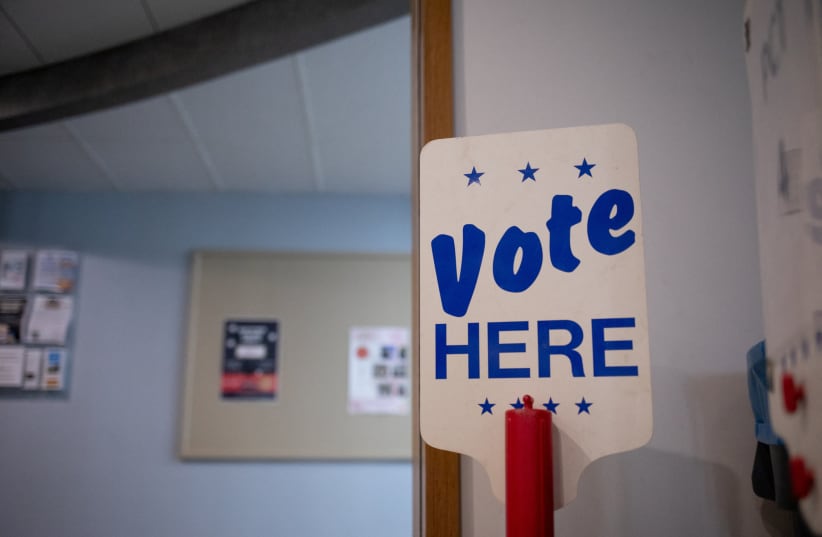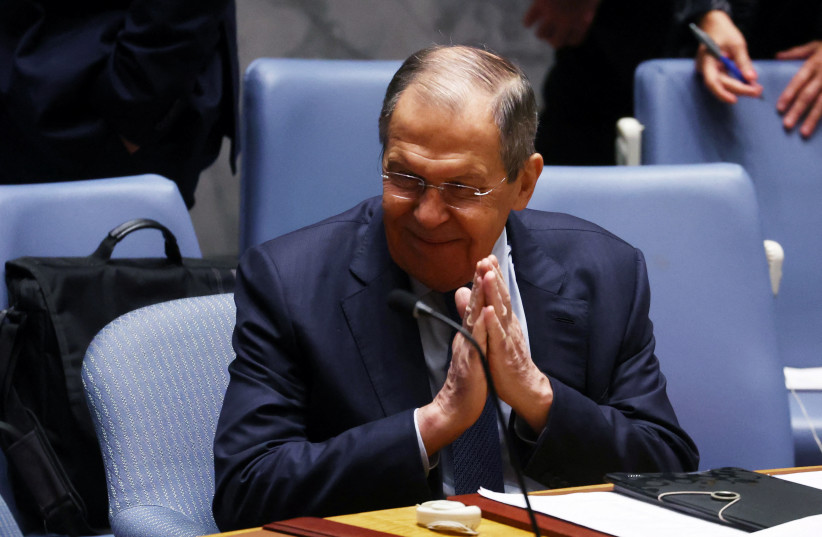The Russian Foreign Ministry has claimed that American fears of Russian interference in the 2016 election are nothing more than Russophobia, publishing the claims in a dossier released on Saturday.
The 120-page dossier contains a timeline of events starting in 2016 with the hacking of the Democratic National Committee (DNC) and ending in 2019 with Attorney-General William Barr's report to Congress.
The dossier lists numerous incidents of "Russophobia" by American media and provides counter-evidence to dispute the claims made by American media, calling the reports "hysteria" and "spy mania."
In countering the accusations of election interference, the document, overseen by Foreign Minister Sergey Lavrov, points to alleged internal interference in the Democratic primaries from inside the party.
"There are solid facts showing that the Democratic Party violated the law when illegal methods were used to force Bernie Sanders to quit the race," writes Lavrov. "Everyone has forgotten about this, talking about Russia all the time rather than about what is happening in the United States."
The final section of the dossier fact-checks claims about Russian interference providing what it claims is a clear disputation of American claims, with the foreign ministry writing: "There a priori could be no other conclusion than that there was no 'collusion.'"
Russia places blame at feet of Washington 'elites'
In a Telegram message on the official Russian Foreign Ministry account, Russia blames the "Washington political elites" for the election interference "fairytale."
"The 300-page report once again confirms that the recent high-profile topic of 'ties' between the former president of the United States and Moscow is nothing more than a fruit of the rampant imagination of local politicians who have tried to play the 'Russia card' for domestic political purposes the topic," reads the Telegram statement.
According to Russia's foreign ministry, the same people who were behind the move to paint Russia as guilty of election fraud also had a second goal - " to anchor the Russophobic focus of Washington’s foreign policy."
"Numerous sanctions against our country, expulsions of diplomats and seizure of Russia's diplomatic property are the products of that bacchanalia, which has been among the factors that have led to the collapse of bilateral relations," the foreign ministry wrote. "It is worth noting that amidst this furious anti-Russia campaign, no evidence of our influence on the outcome of the elections has ever been presented. "
Bacchanalia were festivals of the Roman god of wine Bacchus and were often highly frenzied and debauched. according to contemporary writers, modern usages of the word imply any uninhibited or drunken revelry.
"American elites like to say that they can walk and chew gum at the same time," Russia concluded. "It doesn’t hurt to think about where you go and the possible effects of your steps."

